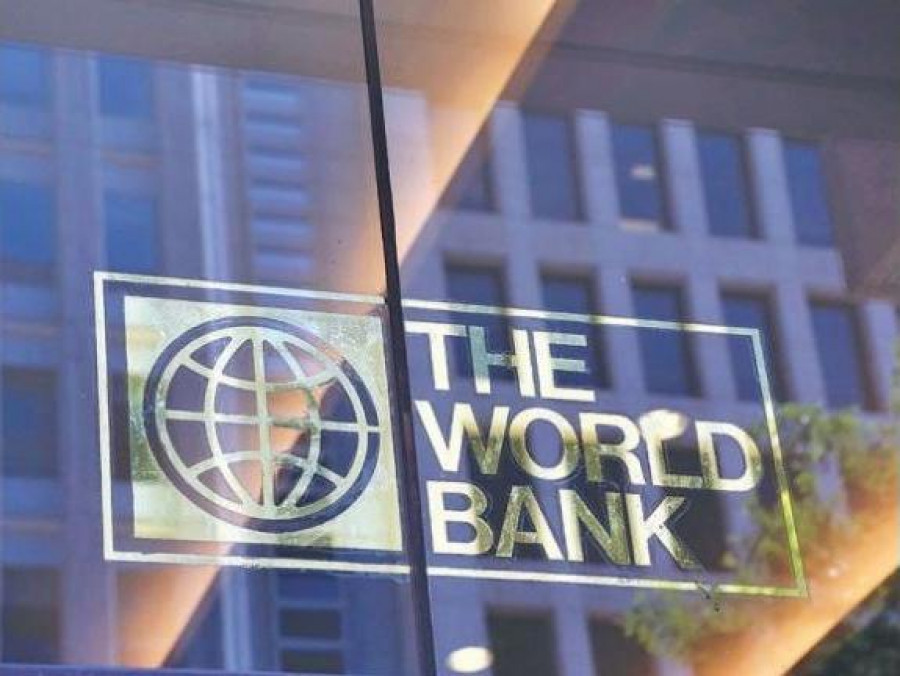Money
World Bank report underlines reforms to support fiscal federalism, green growth in Nepal
The report also stresses the importance of strengthening investment processes and fiscal policies for green growth.
Post Report
Nepal has made significant strides in implementing fiscal federalism while key reforms are needed to support fiscal sustainability and Nepal’s transition towards green, resilient, and inclusive development states the World Bank’s Public Expenditure Review (PER) Report on Fiscal Policy for Sustainable Development launched on Monday.
With the country’s transition to federalism, expenditure responsibilities have been devolved to subnational governments that are predominantly financed through intergovernmental transfers and revenue sharing. These now account for between 8 and 9 percent of GDP per year (or close to 30 percent of the annual budget). While federalism is helping bring policymaking closer to the people, it has also increased fiscal spending and [exacerbated by the Covid-19 pandemic] led to a sharp rise in fiscal deficits and public debt, states the report.
“This report provides an analytical basis to inform our reform efforts to strengthen federalism and create fiscal space to support our new focus on a green, resilient, and inclusive development (GRID) model,” stated Madhu Kumar Marasini, Finance Secretary. “This complements our ongoing efforts to refine the fiscal transfer system put in place the systems for monitoring and reporting for a more results oriented and accountable delivery of local services.”
The PER identifies key reforms to help Nepal strengthen fiscal sustainability and initiate a shift to a GRID pathway. It identifies the following five top priority reforms: (i) Encouraging the update of subnational spending responsibilities through the intergovernmental grants system; (ii) supporting exports and job creation through reforms to import duties; (iii) strengthening domestic revenue, for example by reviewing VAT exemptions; (iv) enhancing public capital spending by rolling out the National Project Bank; and (v) providing fiscal incentives for a green growth transition.
“The World Bank will continue to support government reforms to improve fiscal sustainability and the implementation of fiscal federalism, drawing on the recommendations of the PER Report,” said Faris Hadad-Zervos, World Bank Country Director for Maldives, Nepal, and Sri Lanka. “This report complements our human development PER, both of which will help inform the design of World Bank support to Nepal, including through our ongoing support through our various Development Policy Credits.”
The report also stresses the importance of strengthening investment processes and fiscal policies for green growth, and fiscal policy reforms to enable Nepal to use its green electricity surplus to mitigate air pollution to protect the health of people and the economy.




 13.12°C Kathmandu
13.12°C Kathmandu












